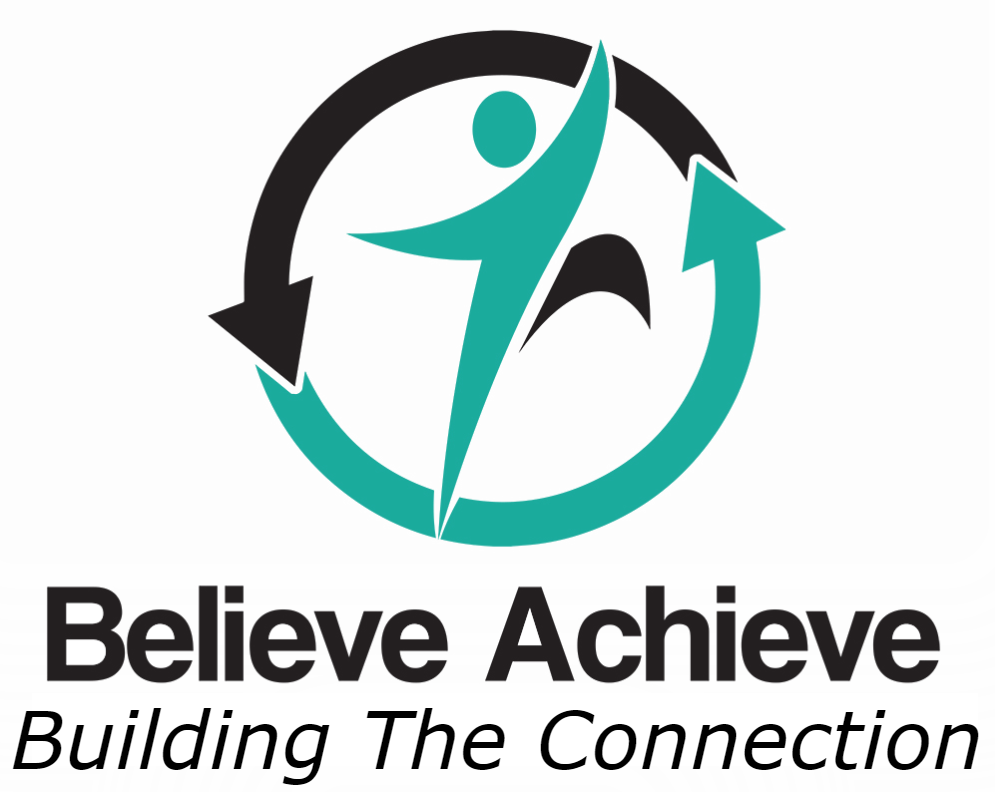In a career rut? Here are five tips to boost your career development
How was 2016 for you? Do you feel that you developed yourself in an area that will progress you in your career? Or were you so busy just trying to do your job that your career development took a back row seat?
Many professionals and leaders alike aspire to progress at least one level higher than they are today. To help this happen many organisations have a career development or career planning section in their annual performance appraisal paperwork. But how effective is this? No, really. How effective has this been for you?
You might have a boss who is snowed under and cannot spare the time to mentor and guide you. You might work for a company that has the right intentions around development of people but doesn’t seem to have the culture. There might also be someone at your level that senior management has taken a shine to and you don’t seem to be on their radar.
I had a client during the year who knew that his days at his organisation were numbered. On reflection he realised that during the five years that he had been employed there, he hadn’t focused on his career development. He hadn’t been promoted and he hadn’t completed any formal training. Sadly he feels that he hasn’t completed anything that was noteworthy on his resume. What had he been doing all this time? Believe it or not my client is ambitious and not lazy. He just took his eye off the game.
My client admitted that he had given full responsibility of his career to the organisation. He believed that the company saw the value in him and therefore would work to develop him because of this. As a result of this belief he didn’t enroll for formal education as he was waiting for the company of offer this. Whilst he was given approval to do some of the projects he proposed, he didn’t get the buy in and so the projects floundered and fell by the way side. He didn’t actively seek out opportunities as he expected the organisation to offer these to him. He knows now that the organisation didn’t see the value that my client believed he possessed.
The real tragedy in this story is that my client is applying for jobs at a level lower than he has worked for the past five years. The selection criteria for the jobs he really would like now contain requirements he doesn’t have.
I don’t think my client is alone in his dilemma. I have come across a number of supervisors, team leaders and managers who have strong beliefs in their own capabilities but haven’t taken the initiative to demonstrate these to their superiors. Competition for higher level roles is strong given the reduced number of them available today. It takes proactive effort and planning to make a career happen today. It will come down to you and what you are prepared to do. Here are some tips that you use to be proactive rather than reactive with your career development.
- Get qualified. What is the qualification most of you competitors are aiming for? It could be a degree, post graduate studies, specialist qualifications, &/or MBA. Do your research. You cannot compete if your competition has a higher level qualification than you. This is particularly so if you plan to go outside of your present company at some point. Not every company will cover the costs of formal studies so you need to decide on the importance of your career. Most career development strategies will include some formal education today.
- Learn to communicate. If you are not on the high potential list at your organisation it is most likely due to your communication style or lack thereof. To get anywhere you need to be impressive to those who make the promotion decisions. You need to influence and persuade in ways that are appealing and demonstrate your value. Its all about relationships and conversations. Yes qualifications and skills are important but if you are not known, trusted and respected by others, you won’t get noticed. Careers are built and destroyed on conversations so learn how to communicate well.
- Mind your language. Sometimes it pays to remember nanna’s saying “if you haven’t anything nice to say, say nothing at all”. Complaining and backstabbing are absolutely career limiting actions. Strong leadership is about taking the bad and the undesirable and working a way around to make it better. It doesn’t involve mouthing off and trying to convince others that your idea was better. Your career development must include opportunities to learn and master self management and self awareness. Learning about your triggers and being aware of your responses and reactions means that you can find ways to swallow hard and respond more appropriately.
- Doing great work. Most of our time at work is spent doing the work our bosses require us to do. But make time to do work that you know will add great value. It could be to streamline a process, cut out costs, make a system work more efficiently, improve safety, increase productivity. These are the pieces of work that get you noticed and can significantly improve your promotion opportunities.
- Network. You cannot rise to the top on your own. Your career development has to involve the support and guidance of others. Find yourself a great mentor, an advocate, and a confidante. Become active in your professional association. Be a volunteer for a not-for-profit. Great leaders actively seek support and advice as very few are born with all the credentials to be great. They are also generous with their time and offer it to others.
So which of these will you focus on this year as part of your career development? For more assistance in getting your career development back on track, contact me at success@nullbelieveachievecoach.com.au for some practical and results orientated guidance.

